Anyone who’s been in a grocery store in the last five years has seen organic foods.
Organic celery, $3.99. Regular old celery, $2.49. Organic bananas, 79¢ a pound. Normal bananas, 49¢ a pound. Organic, cage-free, free range eggs, $5.79 a dozen. Eggs from an inorganic chicken, $2.99 a dozen.
Organic foods have made it from hippies’ dinner tables to fast food chains, bringing along their boosted price tags, but what else? Sure, people feel like they are eating healthier or saving the planet when they go organic, but are they?
Not all organic foods are created equally. Here are 3 organic foods to pay a little extra for, and 3 organic foods you should just pass right over.
Can’t miss organics
Spend a little extra green on those leafy greens. Most people get lazy washing spinach, lettuce, kale, and other edible greens. But that is a big mistake. Besides all the bugs, dirt, and worse on your collard greens, there’s also a ton of pesticides. Pests love to eat these tasty leaves as much as you do, so leafy greens get sprayed more than just about any other veggie.
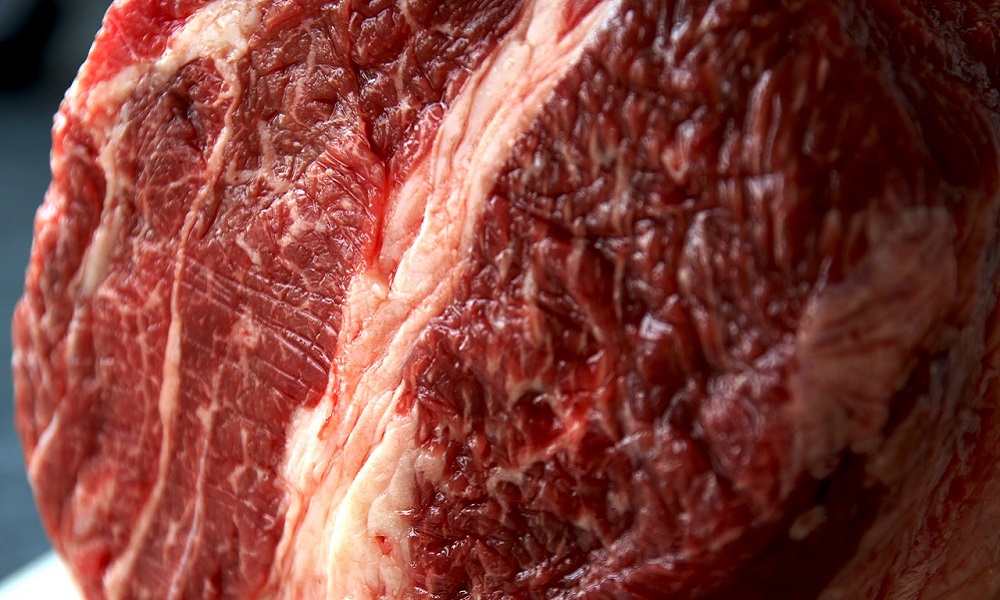
Beef is what’s for dinner, but if you’re eating conventional red meat, you’ll be eating a lot of antibiotics and hormones too. Scientists aren’t sure what those hormones can do to us in the long term, but those antibiotics that go into conventional cows are bad news. It’s perfectly fine to eat a little extra penicillin, but the real problem is antibiotic-resistant bacteria. Over 90% of antibiotics are fed to livestock, which gives their natural bacteria a chance to build up immunity to common antibiotics. The next superbug might come from a factory farm instead of a hospital.
It’s tough to beat a ripe juicy peach. The only downside is the fuzzy skin—and for more reasons than you might expect. First, that peach fuzz does a great job trapping pesticides, fungicides, and whatever else the peach orchards get sprayed with. Second, that fuzz makes it harder to scrub those nasty residues off. However, if you’ve already bought conventional peaches, just peel them. Problem solved.
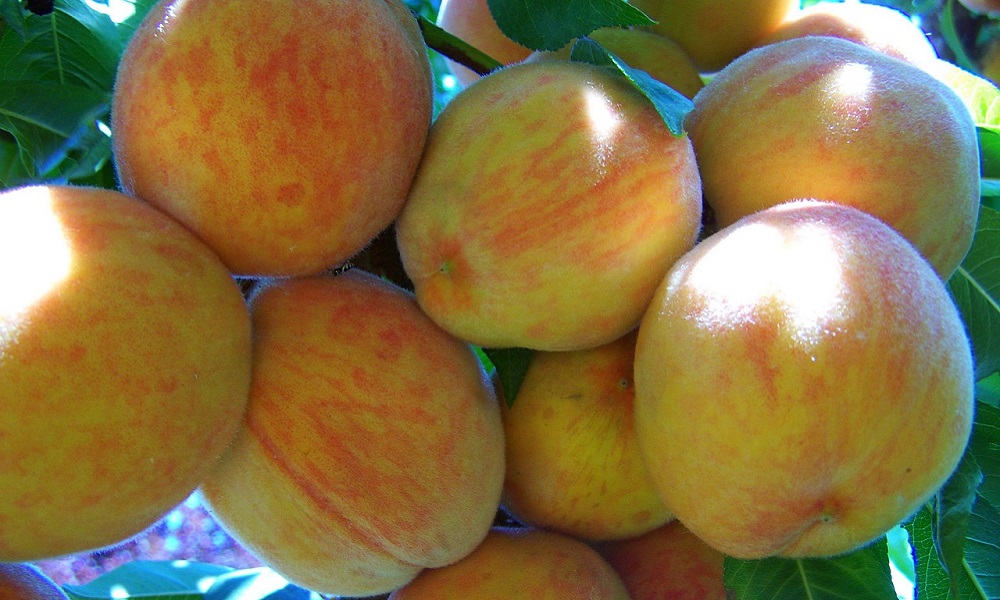
Don’t even bother
Maybe “guac is extra” because Chipotle uses mostly organic avocados, but it turns out, there’s no point! The tough skins of these dinosaur egg lookalike fruits keep pesticides out pretty effectively. Unless you are a goat, save a buck and avoid organics when you make your own guac.
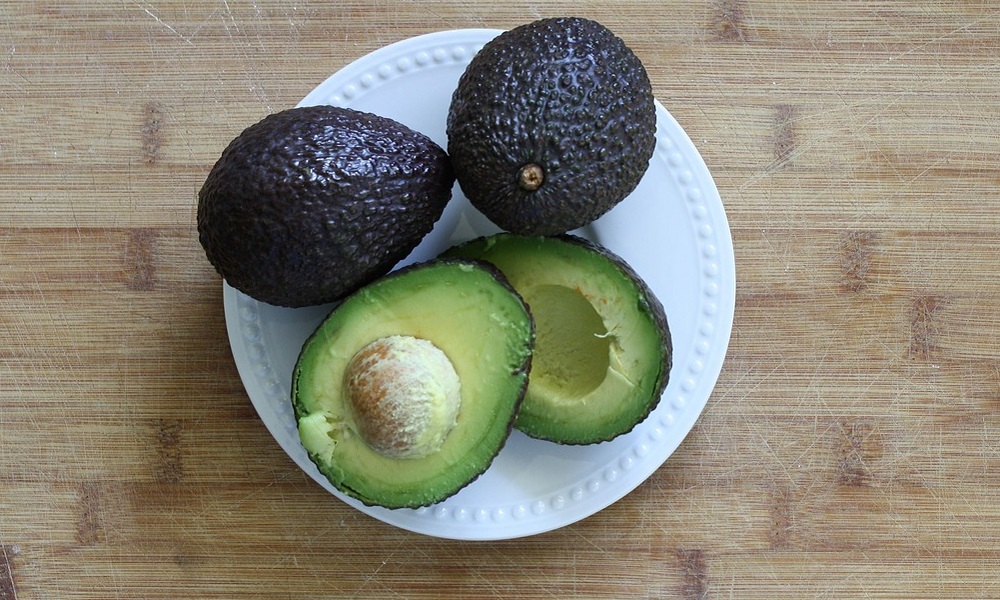
The first person to make maple syrup sure had a lot of time on his hands, but he also had an entirely organic forest. If you see organic maple syrup, it’s a trap! Virtually all maple syrup is made by boiling sap from maple trees in natural forests that never receive an ounce of fertilizer or a spritz of pesticide. Don’t spend extra for meaningless label.
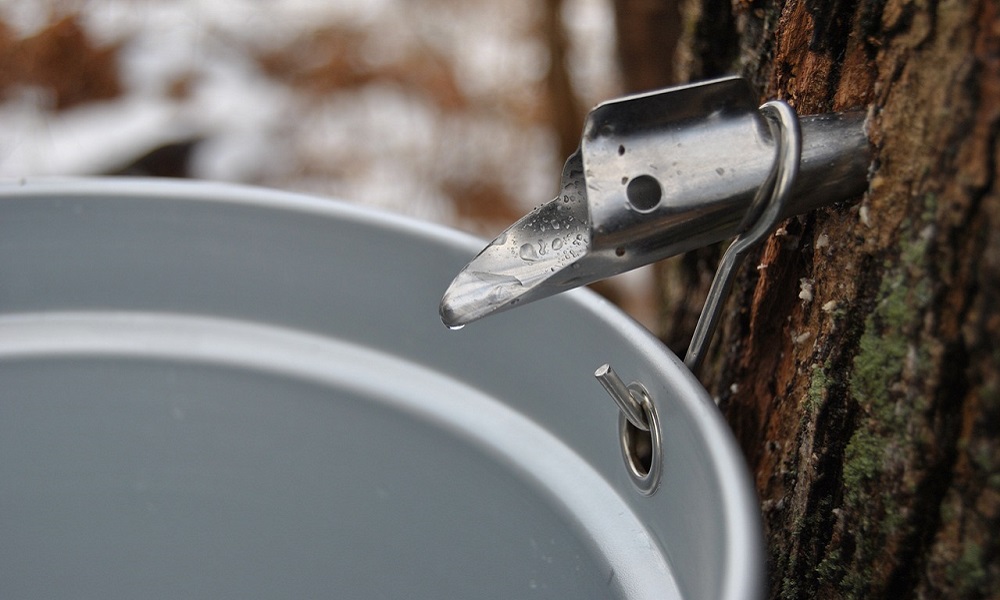
There are plenty of fish in the sea, and most of them are organic. If your seafood was caught in the ocean, there is no procedure for labelling it organic or conventional because it was never sprayed, medicated, fertilized, irradiated, or treated by human hand until a fisherman pulled it out of a net. Sure, farm-raised catfish or salmon can be organic, but if you see the wild stuff labelled organic, pass it by.
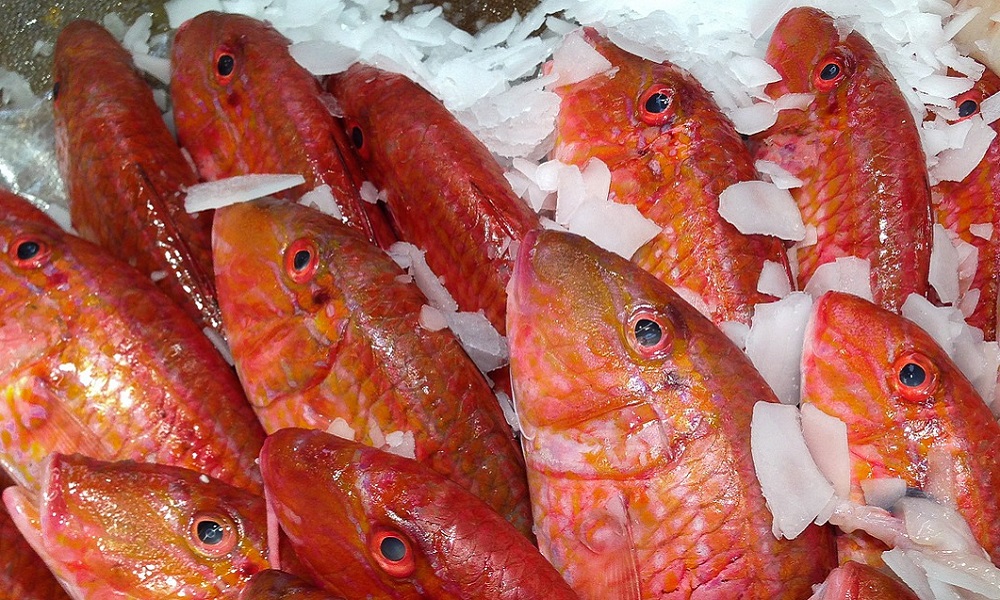
The moral of the story is don’t bother with organic produce if you don’t eat the skin, and certainly be skeptical of any sort of food collected from the wild. There is nothing more organic than venison from your uncle’s hunting trip.
